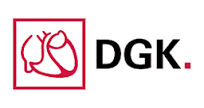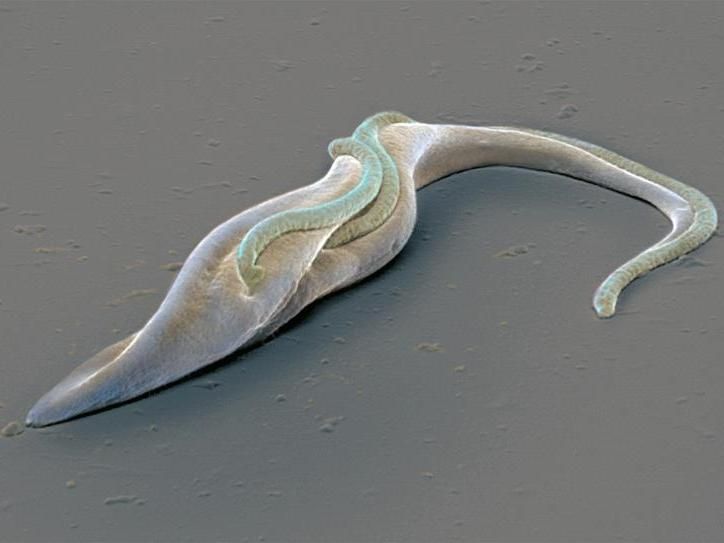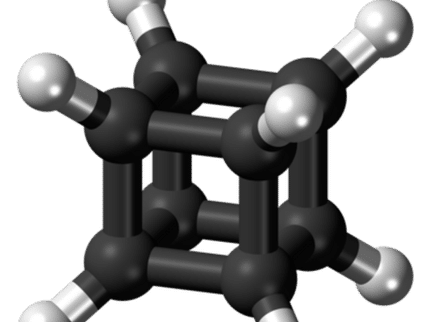Brain cancer experts crowdsource a cure for deadly glioblastoma
One hundred and thirty clinicians and researchers from major cancer centres from around the world will meet in Washington, DC to crowdsource a way to design an ambitious clinical trial aimed at rapidly identifying a cure for the world's deadliest and most common brain cancer, glioblastoma.
"This will be a Silicon Valley approach to medical research," says medical oncologist Dr Mustafa Khasraw, the Australian liaison for the study who will attend this week's meeting in Washington. "We want to fail early and fail often so we can rapidly discriminate between effective and ineffective therapies," says Dr Khasraw, a senior research fellow at the University of Sydney's Clinical Trials Centre.
Glioblastoma is a malignant brain tumour that grows and spread aggressively, overpowering healthy cells by consuming their space, blood and nutrients. It has one of the poorest of all cancer outcomes and no effective therapies have been developed for more than a decade, despite hundreds of clinical trials of new drugs and technologies.
The collaboration, known as GBM AGILE (an Adaptive, Global, Innovative Learning Environment) is a large international adaptive clinical trial--so-named because clinicians and researchers will adapt and change drugs, doses and other aspects of the trial based on early feedback and results, rather than waiting years to make conclusions.
Dr Khasraw says the new line of attack against glioblastoma can be summarised in three words - disrupt, cure and collaborate.
"We'll be disrupting many of the traditional methods used in clinical trials," he says. "We will be applying the latest methods of trial design in the hope that multiple treatments can be tested within the same trial protocol, to accelerate drug evaluation far beyond current research methods. That's because we want to learn as much as possible from every patient--about treatments, combinations of treatments, and biomarkers--and ultimately use that knowledge for effective treatment for all glioblastoma patients.
"Given that there have been no therapeutic breakthroughs to date we are completely focused on developing a cure for this deadly disease. To do that we need break down the silos of information that hinder rapid progress. This will be an enormous international collaboration, including a relatively large number of patients who will be enrolled into multiple arms of an adaptive trial using Bayesian statistics to assess efficacy of many new agents or treatment approaches at the same time. This will allow much faster assessment of new potentially useful therapies."
Other news from the department science

Get the life science industry in your inbox
By submitting this form you agree that LUMITOS AG will send you the newsletter(s) selected above by email. Your data will not be passed on to third parties. Your data will be stored and processed in accordance with our data protection regulations. LUMITOS may contact you by email for the purpose of advertising or market and opinion surveys. You can revoke your consent at any time without giving reasons to LUMITOS AG, Ernst-Augustin-Str. 2, 12489 Berlin, Germany or by e-mail at revoke@lumitos.com with effect for the future. In addition, each email contains a link to unsubscribe from the corresponding newsletter.
More news from our other portals
Last viewed contents
Amgen to Acquire Abgenix - Provides Amgen With Full Ownership of Panitumumab and Eliminates a Denosumab Royalty

CORDOUAN TECHNOLOGIES SAS - Pessac, France

Deutsche Gesellschaft für Kardiologie – Herz- und Kreislaufforschung e.V. - Düsseldorf, Germany





















































